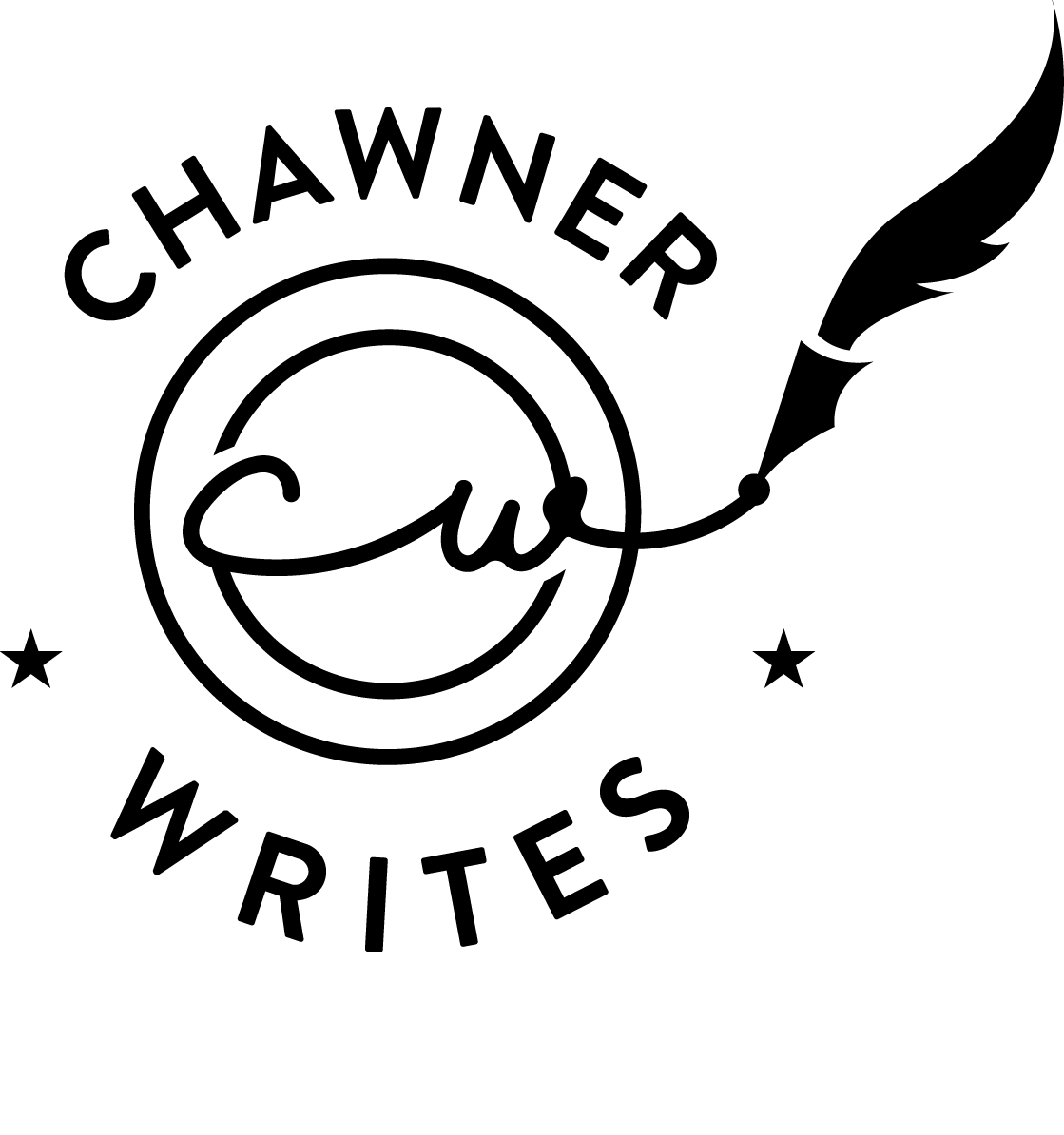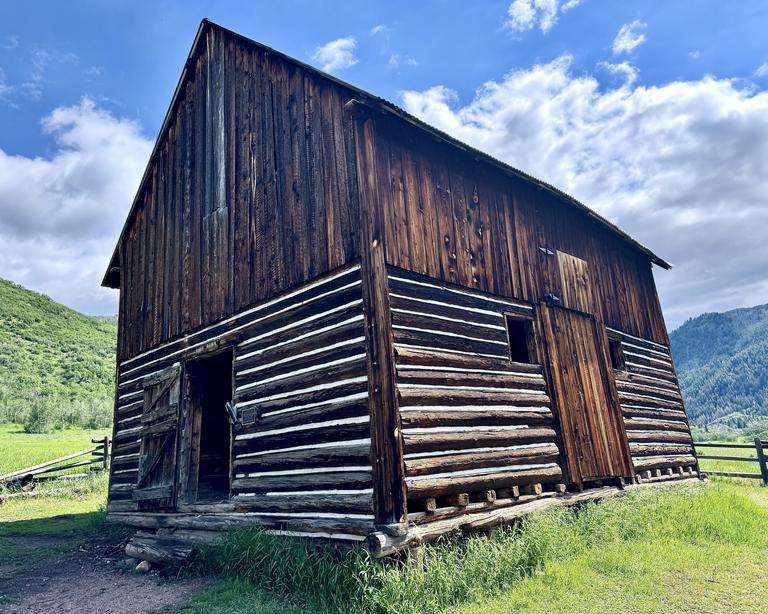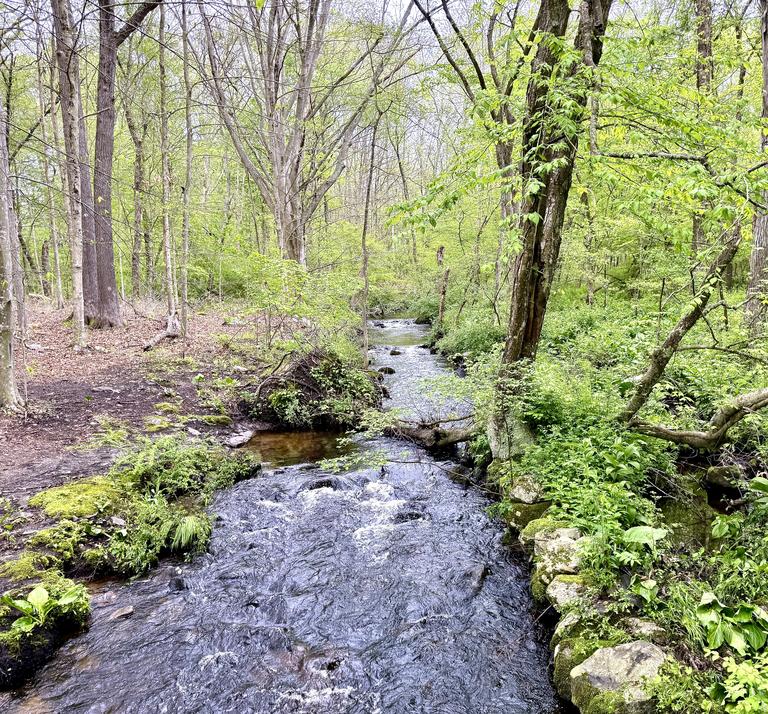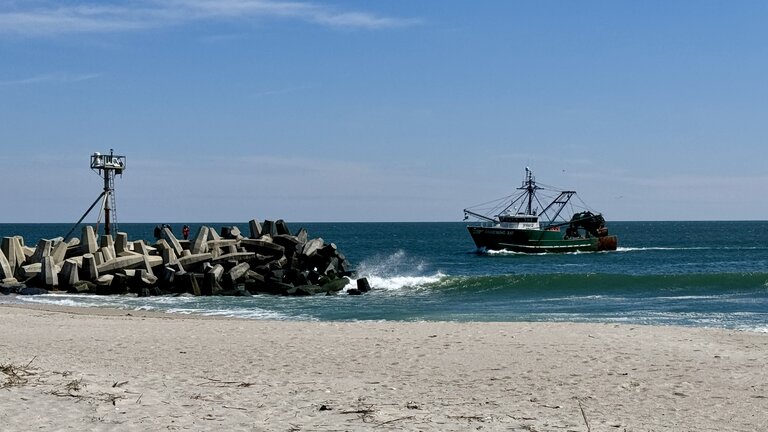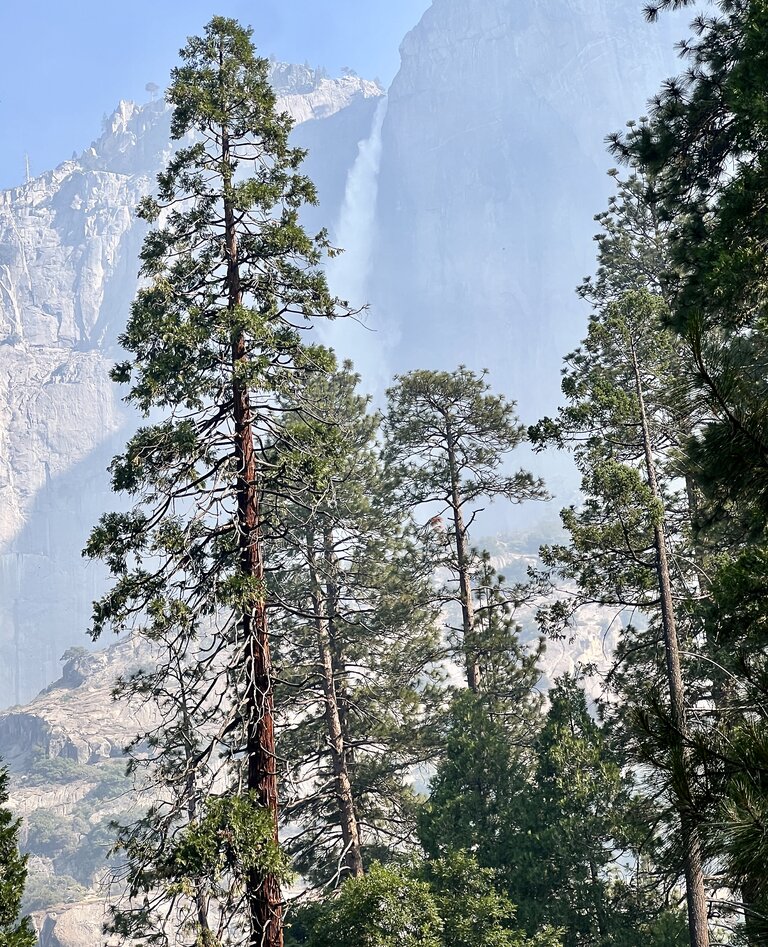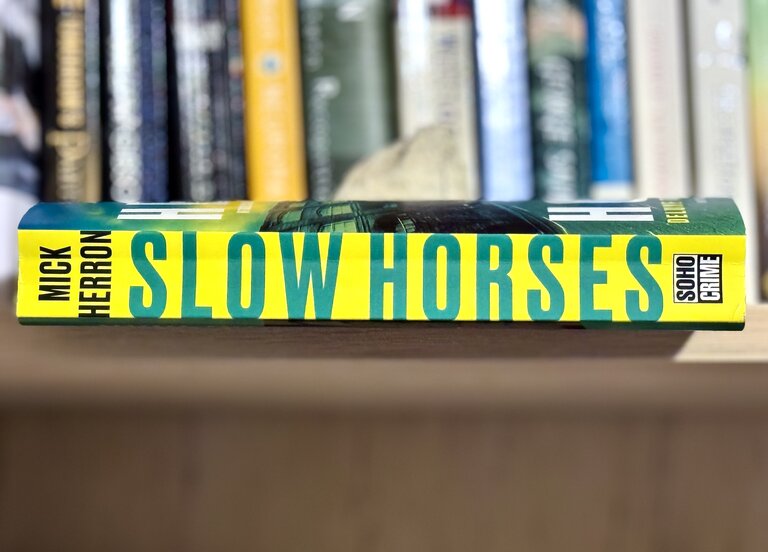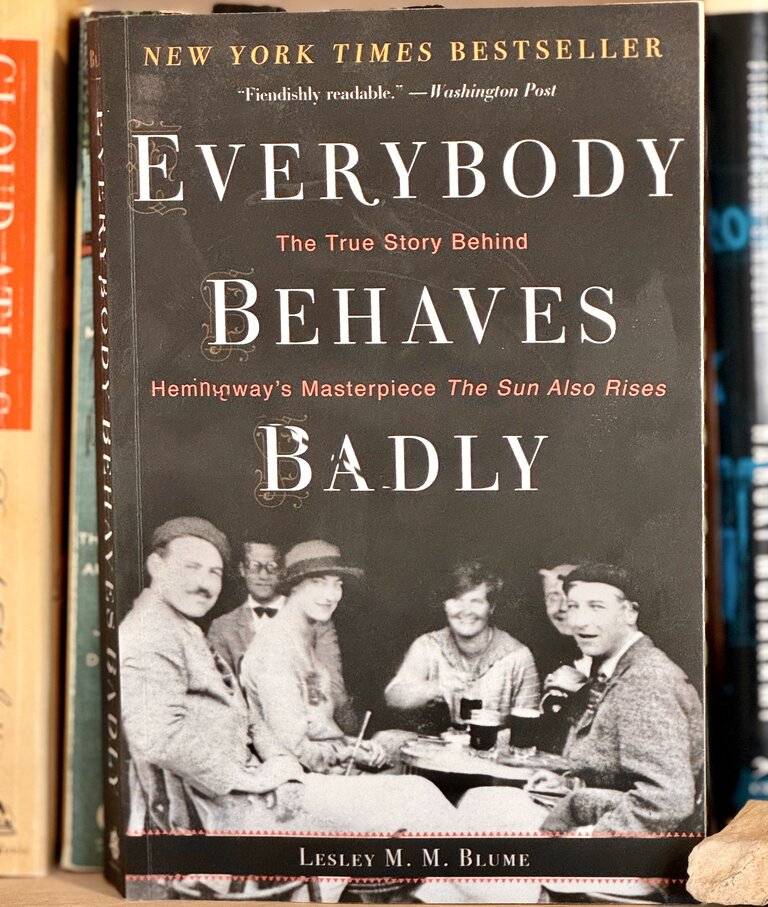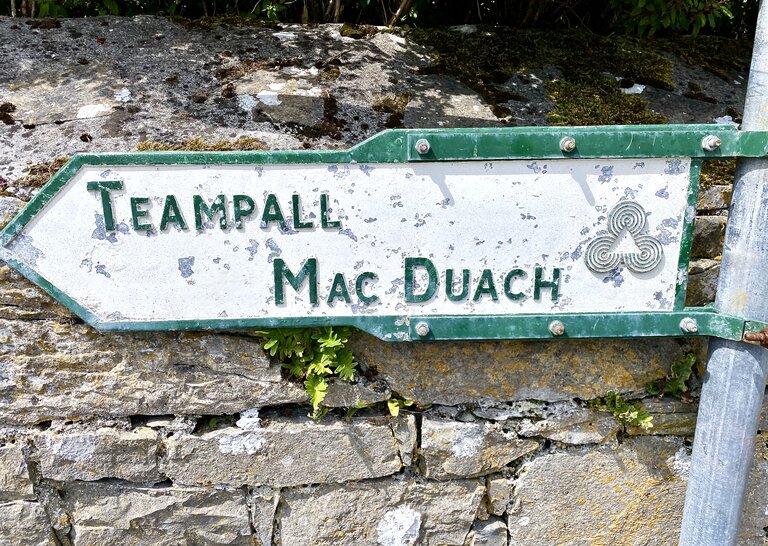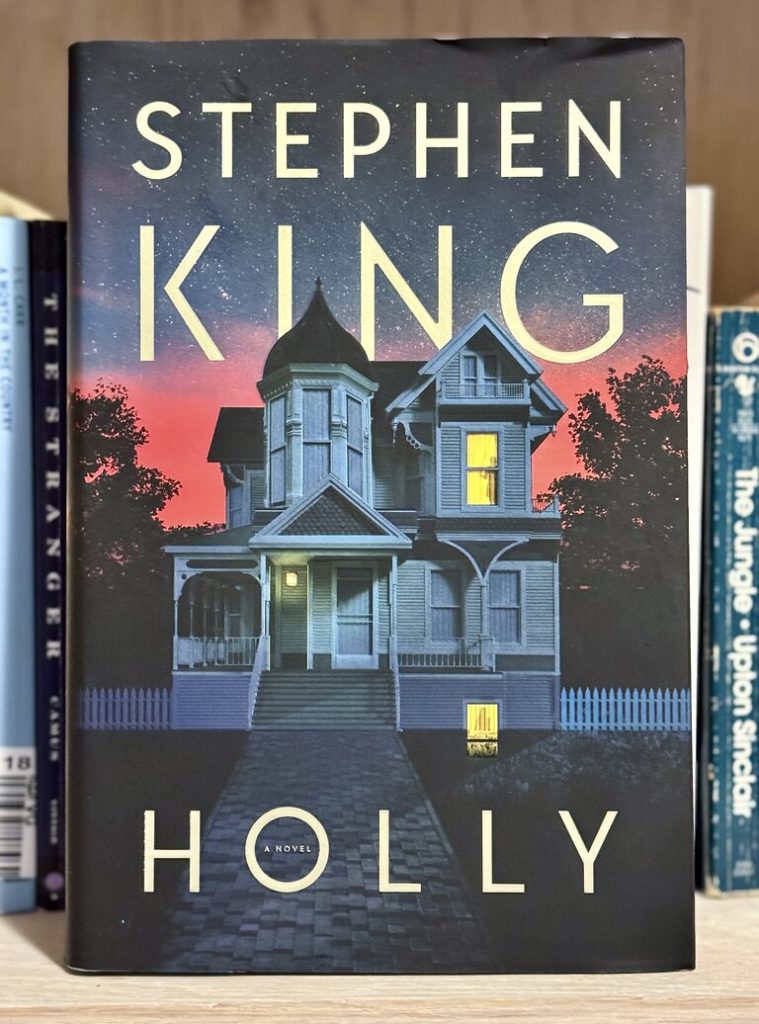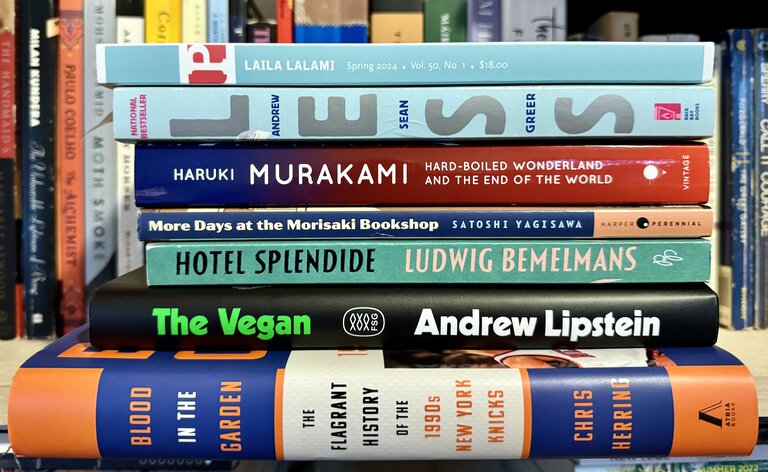
My to-read pile was anemic. For years, my to-read pile was overwhelming and, instead of generating excitement, created dread. I’ve recently enjoyed only having 1-2 books at the ready but this became a problem as I finished books and the queue had unexpected stinkers (novels I gave up on).
Off to my local BN for an emergency search. I beelined to the sci-fi section, where I had previously considered Neal Stephenson’s most recent two books. I knew they were a commitment having read six of his older books. Neal likes to go into incredible depth on, well, everything. This can be enjoyable when in the right mood. As someone who is trying to write concise short stories, his books read long.
But desperate times call for desperate measures. I picked up Termination Shock, at a (for Stephenson) a svelte 700 pages. And, halfway through, it’s deep, technical, and well-written. Immediate problem solved, but the to-read pile was empty.
Enter a road trip to Portland. First stop was Powells with friends. One of them, another reader, recommended a few books while we were perusing the shelves. And now my to-read pile is seven deep. The only problem is they look more interesting than Termination Shock.
I’m reading 2 books going at once (following my fiction/non-fiction scheme). I might pause Termination Shock to read a book about a Tokyo bookstore that interests me. But I’ve not fully engrossed myself in TS and worry if I drop now won’t return… paradoxically, I have to get myself invested and interested in TS before I can safely put it down.
